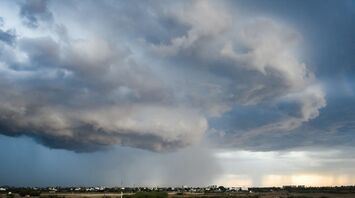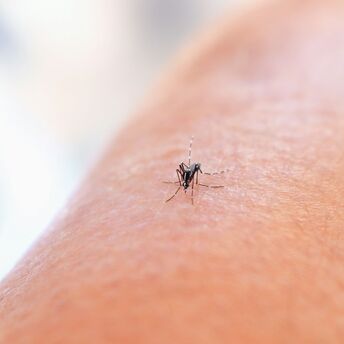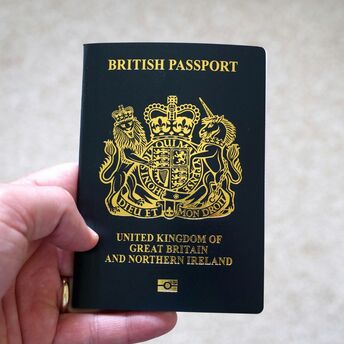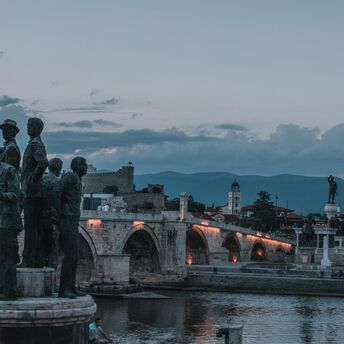Deadly Cyclone Chido: Destruction and Travel Implications

Cyclone Chido, which struck the French territory of Mayotte, has been recorded as the most destructive storm in the Indian Ocean in the past 90 years. With hurricane-force winds reaching up to 135 miles per hour (217 km/h) and torrential rains, it devastated buildings and infrastructure, forcing thousands of people to abandon their homes. Many areas have been left in ruins, and rescue operations are hampered by the scale of the destruction. Early estimates suggest that the death toll could reach a thousand, making this natural disaster one of the most tragic in the region.
Over 250 military personnel and 1,600 police officers have been deployed by French President Emmanuel Macron to maintain order and assist those affected. Planes carrying humanitarian aid were dispatched from France, while neighboring countries like Mozambique are also grappling with the storm's aftermath.
UNICEF has raised concerns about both the immediate and long-term consequences of the cyclone. Destroyed homes, schools, and healthcare facilities have left thousands without basic infrastructure. Children risk being cut off from education for an extended period, while damage to water supply systems increases the likelihood of outbreaks of diseases such as cholera and malaria.
Impact on Travelers and Tourism
For travelers planning trips to the Indian Ocean, the situation in the region demands careful consideration. Mayotte, renowned for its scenic beaches and unique ecosystem, is currently inaccessible to tourists. The damage to its tourism infrastructure is so extensive that recovery might take months. Those planning visits to nearby areas, such as Mozambique, should also be aware of potential disruptions to transportation and services due to the destruction.
This event serves as a reminder for travelers of the importance of monitoring weather conditions and securing travel insurance that covers natural disasters. If visiting areas prone to severe weather events, it's essential to review local authorities' recommendations and check the availability of emergency support.
The Region's Future After the Cyclone
Cyclone Chido not only left behind devastated towns but also highlighted the vulnerability of regions located in the paths of such destructive storms. International aid and long-term recovery plans could play a key role in restoring normalcy to the region, but in the short term, residents face the challenge of dealing with the aftermath on their own.



















